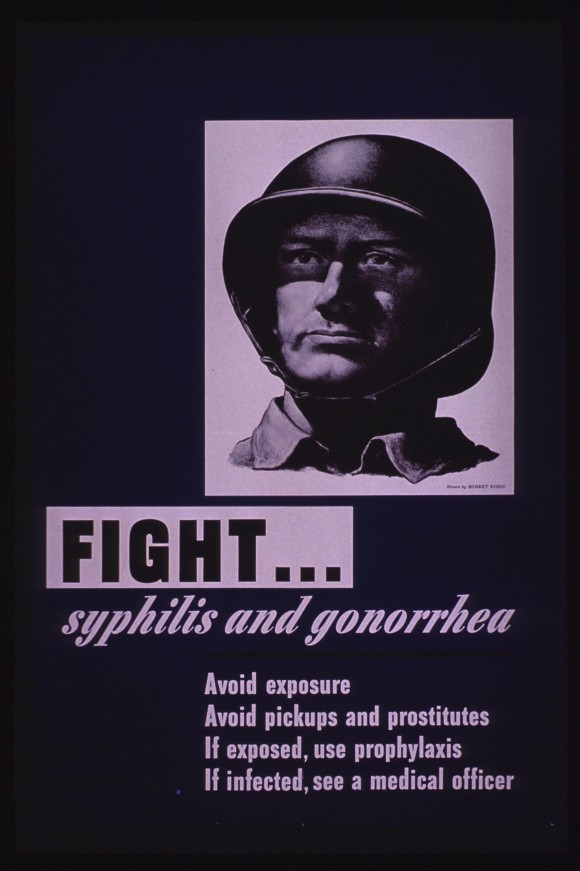By Kayte Spector-Bagdady*
This piece, which originally appeared on the blog of the Presidential Commission for the Study of Bioethical Issues, has been reposted with permission.
 “Ethically Impossible” STD Research in Guatemala from 1946 to 1948 details the federally-supported U.S. Public Health Service (PHS) experiments in Guatemala supporting STD prevention in the U.S. Armed Forces after World War II. By the time PHS researchers left in 1948, over 1,300 vulnerable Guatemalan subjects had been intentionally exposed to syphilis, gonorrhea, and/or chancroid through invasive and painful procedures. Over half of these subjects never received any treatment for their potential infections. The research was never published.
“Ethically Impossible” STD Research in Guatemala from 1946 to 1948 details the federally-supported U.S. Public Health Service (PHS) experiments in Guatemala supporting STD prevention in the U.S. Armed Forces after World War II. By the time PHS researchers left in 1948, over 1,300 vulnerable Guatemalan subjects had been intentionally exposed to syphilis, gonorrhea, and/or chancroid through invasive and painful procedures. Over half of these subjects never received any treatment for their potential infections. The research was never published.
The Presidential Commission for the Study of Bioethical Issues (Bioethics Commission) found that this research violated both contemporaneous and contemporary scientific and ethical research norms; the experiments have been uniformly repudiated by scientists and ethics scholars alike. But public health research is not an individual activity, and the Guatemala STD research is not the product of an individual’s mistakes. The Guatemala STD experiments were recommended for approval by the first National Institutes of Health study section at its first meeting. “Something of an Adventure”: Postwar NIH Research Ethos and the Guatemala STD Experiments takes a closer look at the structured grant system and defined research environment that supported and enabled these experiments over a two-year period.
In 1946, the World War II government contract process for directed research became a grant program with a focus on scientific freedom and the “complete acceptance” of the “integrity and independence of the research worker and his freedom from control, direction, regimentation, and outside interference.” Evaluations of the new grant proposals were left to specialized study sections who evaluated grant applications using the best available scientific expertise, and a small number of preeminent researchers—whose interests and allegiances overlapped—dominated the field of STD research. When the Guatemala STD experiments were recommended for funding by the Syphilis Study Section in 1946, one member of the study section was the principal investigator of the Guatemala protocol and five members and the Executive Secretary either visited the experiments in Guatemala later and/or tried to join in on the work. The push toward scientific freedom coupled with a lack of attention to these serious conflicts of interest at the grant review level did not offer sufficient protection to the subjects of federally funded research at the inauguration of this new peer review structure.
Today, conflict of interest regulations, along with other layers of protections, make the funding of unethical research much less likely. Human subjects regulations and institutional review boards provide layers of protection against unethical research once it is funded. But what is legal and what is ethical do not always have the same scope—sometimes regulations permit an action that is unethical, and sometimes the ethically optimal choice falls outside regulatory boundaries. Even in this regulated age it is impossible to prevent a researcher from ever having to make an ethical assessment. Ethics training is essential to encourage compliance with the spirit, as well as letter, of the law and inform actions in all situations.
Please join me for further discussion (or watch the live stream) at the Penn State Rock Ethics Institute Research Ethics Series on Monday April 7th from 6 pm to 7:30 pm in Foster Auditorium, 102 Paterno Library.
* The findings and conclusions in this blog are those of the author and do not necessarily represent the official position of the Presidential Commission for the Study of Bioethical Issues or the Department of Health and Human Services.







